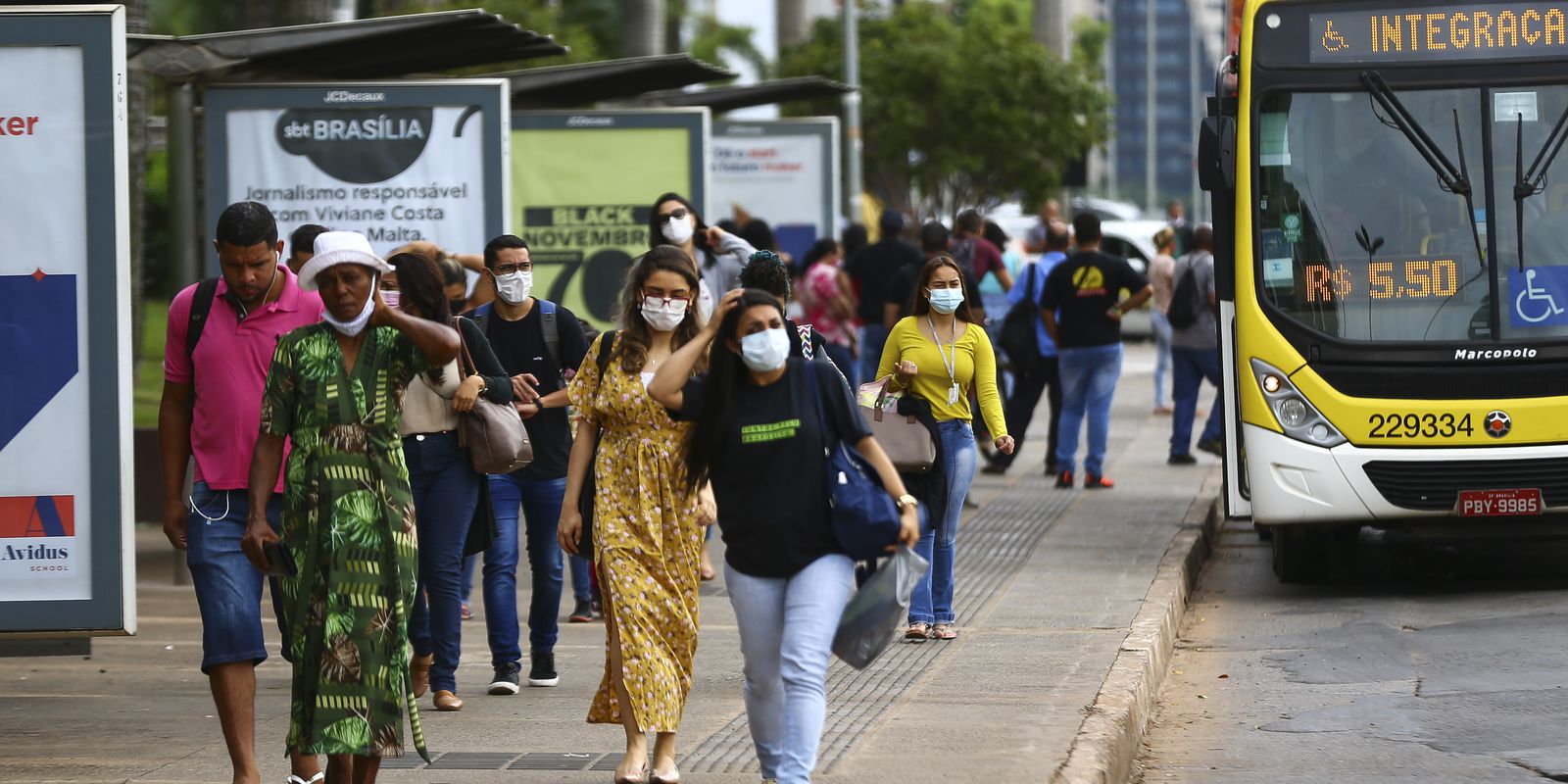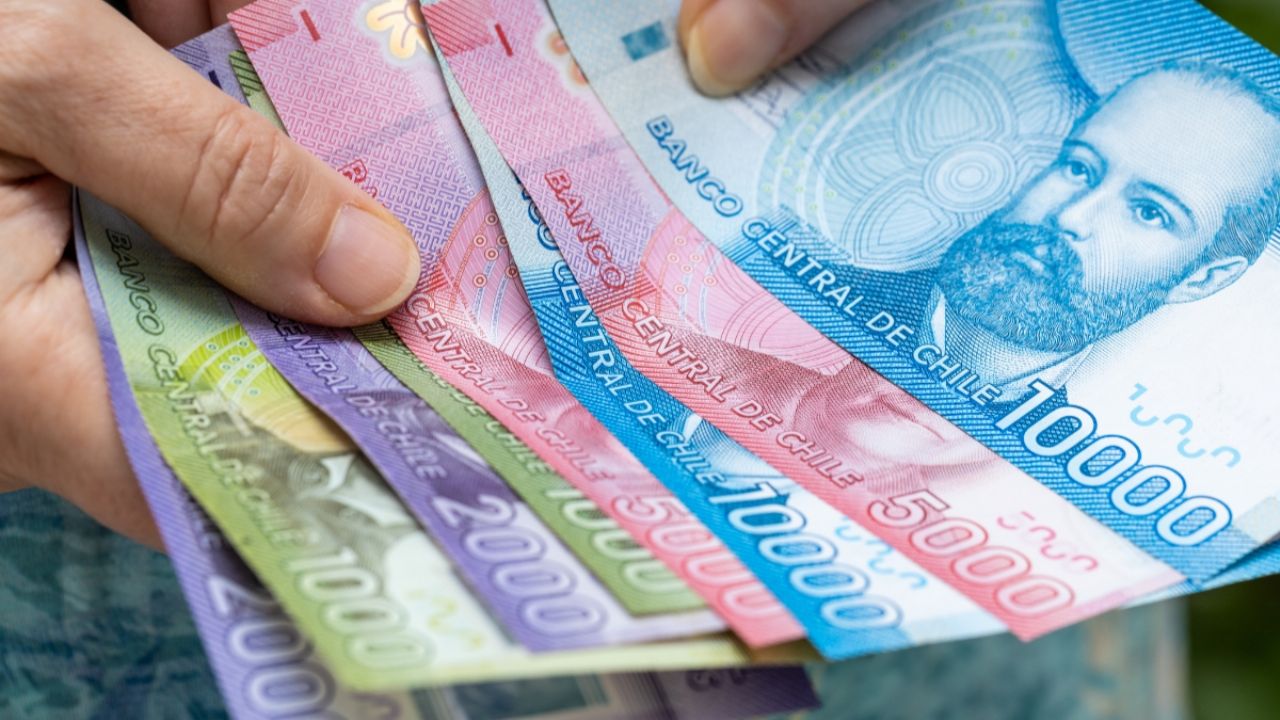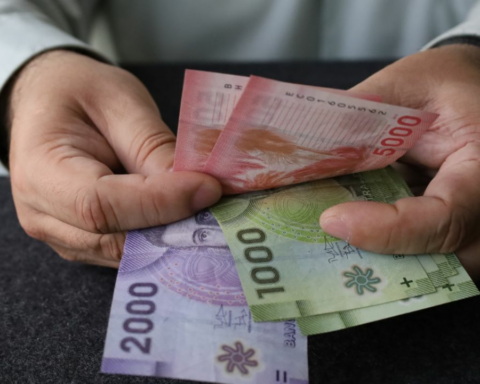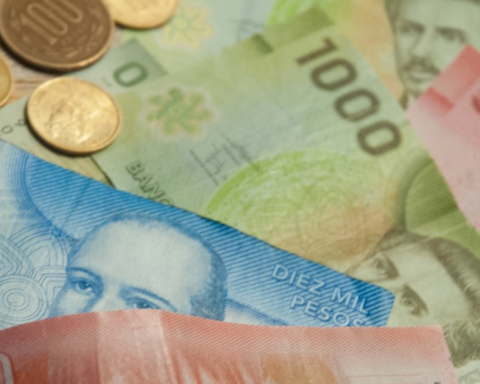The State of Exception imposed by the Government in the northern border provinces ended this Friday but did not mean the withdrawal of police and military personnel, since it was replaced by decree 265, published during the administration of President Sebastián Piñera, and which allows the deployment of troops and other troops to control irregular migration flows.
This was announced hours ago by the Undersecretary of the Interior, Manuel Monsalve, who stressed that the Government’s commitment is to maintain a secure border, and for this it resorts to a decree that allows it greater influence in the coordination and deployment of security services.
“The state of exception ends, but the Government is going to keep Decree 265 in force, which allows it to maintain all police personnel, but also all Armed Forces personnel and all support equipment for border control,” said Monsalve, who also declared himself against “hot returns”, a common practice also in other countries of doubtful fit in the declaration of human rights.
In this context, government sources explained to Agencia EFE that the current strategy is going to consist of two main lines of action: one, to improve security in the control of access routes followed by migrants from the Bolivian Altiplano and southern Bolivia. Peru; and two focus actions on the fight against the mafias that profit from human trafficking and organized crime gangs that take advantage of the situation to undermine security in the towns near the border.
To do this, the Executive has appealed to the Carabineros but also to the Investigative Police (PDI), which it has instructed to deploy the transregional resources available to it in the north.
“It is evident the insecurity experienced by citizens, the increase in the perception of insecurity, and the violent acts of which they are witnesses and generate insecurity have to do with the presence of organized crime. That is why we have particularly asked the Investigative Police take action regarding the fight against organized crime in the northern macrozone,” he remarked.
The northern regions of Chile have been the scene of the biggest migration crisis in the country’s history for more than a year, with hundreds of people entering irregularly every day across the borders with Bolivia and Peru, mostly from Venezuelan origin, but also Haitians and other nationalities.
Last February, and on the eve of the end of the previous administration of Piñera, who is accused of encouraging the arrival of migrants, strikes and protests broke out in the provinces of Arica, Iquique and Antofagasta due to the increase in crime and violence, that the local population, and in particular the powerful and influential truckers’ union, hold the Venezuelans who arrive from the highlands responsible.
The protests and insecurity, also fueled by xenophobia, led the Government to declare a State of Exception and to deploy a greater number of police and military to shield the border, a measure that has not stopped the migratory flow.
President Gabriel Boric prepares to visit the northern zone next Thursday
According to government sources reported by Third, The Head of State will travel to the north of the country for a three-day official visit that will begin next Thursday, April 21, and could last until Saturday 23.
The cities and places to visit, as well as the itinerary of activities of President Gabriel Boric in the area is something that is still being evaluated in La Moneda and is expected to be announced next week.
The President’s visit is added to the arrival of the Undersecretary of the Interior, Manuel Monsalve, to Colchane to supervise the work of the police and military on the ground.
Senator Núñez asks the government not to rule out a new state of emergency in the north
Senator Paulina Núñez today reiterated her confidence that the Government will not be closed to decreeing a new state of exception in the north of the country because, in her opinion, “it is necessary to maintain the support that the Armed Forces have provided” in the provinces. of Arica, Parinacota, Tamarugal to be able to better face the migratory crisis.
The senator said that “although the government has already announced that it will not extend the measure, which ends on Saturday, what we want to ask is that you not fall in love with the idea and open yourself to evaluating its eventual reactivation in the future, since we believe that it has contributed to guaranteeing public order and security.”
It is worth remembering that the objective of (the state of emergency) was “to promote the best possible conditions for the solution of the complex humanitarian, migratory and security situation facing the north of the country, especially in the border area.” Núñez affirmed that “in this process the support of the Armed Forces is required, so we hope that a new state of exception will not be ruled out.”
Notwithstanding the foregoing, he appreciated that the current situation is going to be faced by making use of Decree 265, of the previous government, which expands the role of the Armed Forces to support the work of the police in combating the crimes of human trafficking and illegal migrant smuggling.








